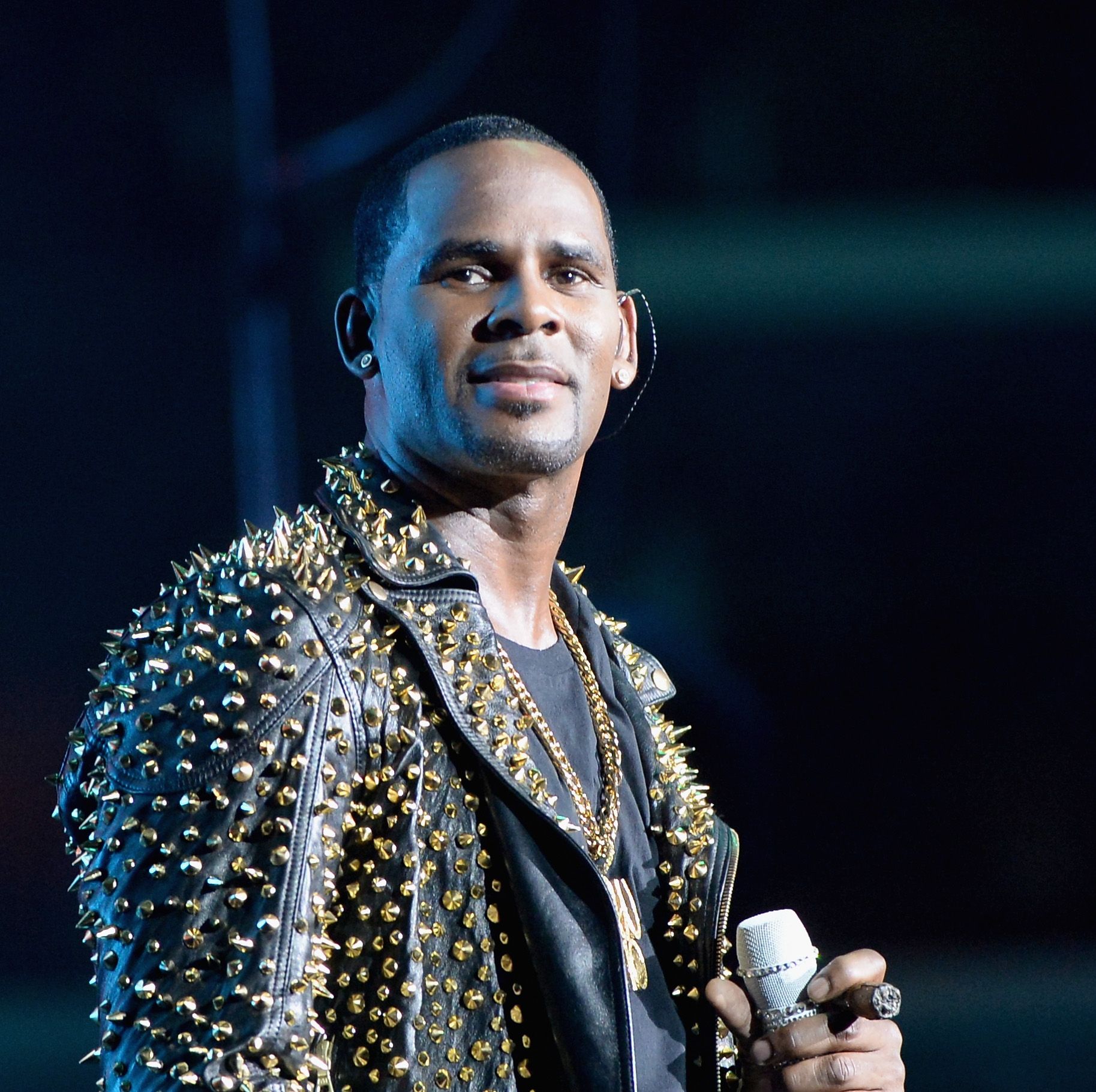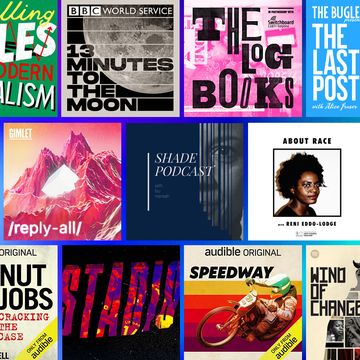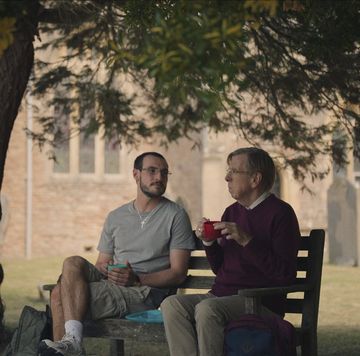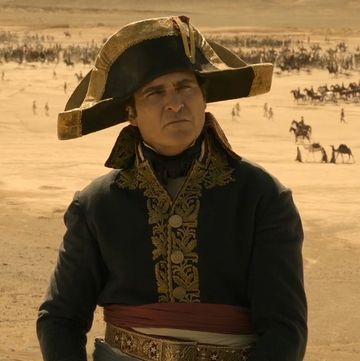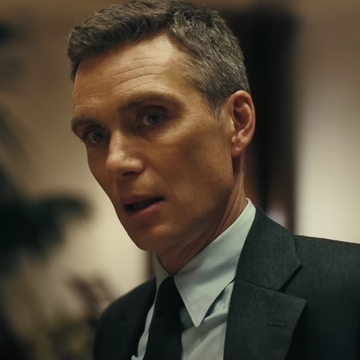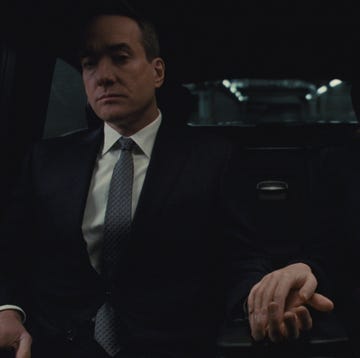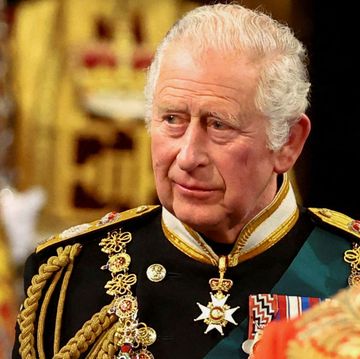After years of pressure peaked with the much-watched debut of Lifetime’s Surviving R. Kelly docuseries, Sony subsidiary RCA Records finally dropped the singer from its roster. Billboard reported Friday that Kelly and the label "agreed to part ways" after a week that found #MuteRKelly protestors demonstrating outside of Sony’s Manhattan offices, radio stations banning his songs, and former collaborators apologising for working with him.
Even in the #MeToo era, it's rare for labels to release musicians over charges of misconduct, as the music industry has proven resistant to the kind of reckoning that's rocked Hollywood. "The film industry has addressed it. They’ve not only exposed accusers and refused to work with them, they’ve addressed it in terms of psychological counselling, seminars, executive coaching," said Dorothy Carvello, a former music executive and author of a memoir, Anything for a Hit, in which she described her own experiences of sexual harassment over the course of more than 20 years in the industry. "The music business acts like it’s not happening," said Carvello. "It has a culture of male enabling," where powerful men "scratch each other’s backs at every label, and they protect each other. And the women are the last on the totem pole."
While Sony dropping Kelly is well-deserved in the face of a quarter century's worth of assault allegations, the singer hasn’t exactly been churning out the hits for RCA in recent years. His last release, a Christmas album that dropped in 2016, reached its Billboard peak when it debuted at 177 on the charts. His penultimate record, 2015’s The Buffet, was the singer’s worst-performing studio album ever. Kelly is very much a performer whose biggest hits are behind him, not before him. And though RCA won't be releasing his future music, Billboard noted that Sony is keeping ahold of Kelly’s back catalog.
This is particularly notable given the fact that the interest in Surviving R. Kelly seems to have made some music fans more likely to listen to Kelly's hits. In the wake of the documentary series, Kelly’s songs experienced a 16 percent jump in their digital streams. Interest in the singer gave his old songs enough of a bump to land them back on the Billboard charts. So while it’s great that Sony has pledged to no longer work with Kelly, the company is still reaping the rewards of his name being back in the headlines, and will presumably continue to do so whenever legal proceedings or future allegations place Kelly back in the news.
Some of Kelly’s former musical collaborators made a more definitive move to sever ties with the artist when they decided to pull their songs from streaming services. Chance the Rapper, Lady Gaga, and Céline Dion all removed songs featuring R. Kelly from services like Spotify, Apple Music, and YouTube. "I intend to remove this song off of iTunes and other streaming platforms and will not be working with him again," wrote Gaga in an apology statement posted to Twitter. "I’m sorry, both for my poor judgment when I was young, and for not speaking out sooner." Removing these songs was more than just an empty gesture—it cost the artists real cash. Spin reports that in the period between Lady Gaga’s apology for working with Kelly and her removal of "Do What U Want," the song had experienced a more than 13,000 percent sales boost.
